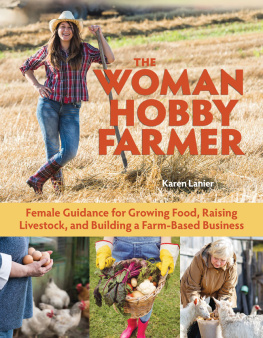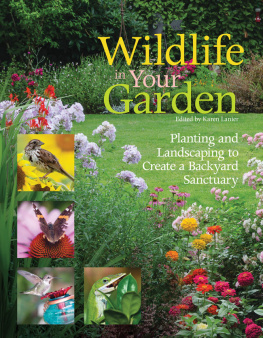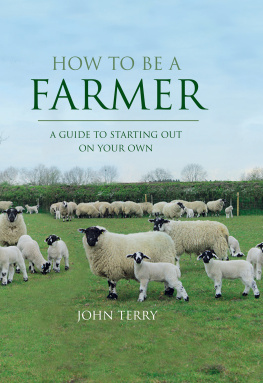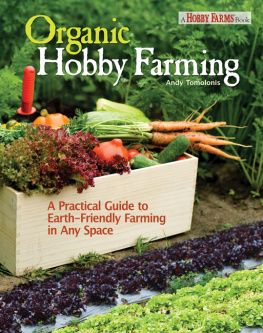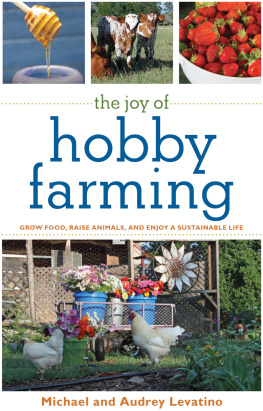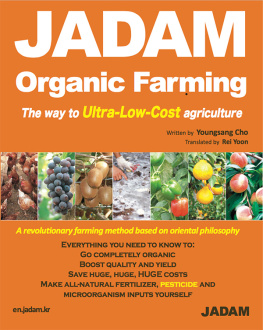Chapter 1: Assessments

Idealism is good and you want to hold onto that to a degree, because thats how you make change in the world and achieve your dreams. But you also have to have some structure to it.
Jessica Ballard, GreenHouse17
First Steps: Getting Real
Planning is an action step. Never underestimate the importance of thinking through a task, a project, an interest, even a small whim. Daydreams belong in the toolbox, along with phone numbers, recipes, spades, and hoes. Farming on any scale is about bringing a seed to fruition, be it a literal seed of a plant, or a metaphorical seed of an idea. Seeds of all kinds require time and nurturing. They cannot be hurried along until they are ready and the conditions are right, and they also can be surprisingly forgiving, tough, and resilient when the odds are stacked against them.
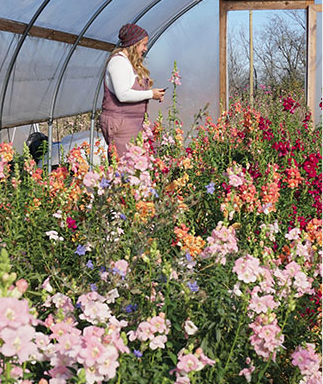
No matter where you are along the spectrum of farming experience, all of the stages this chapter will explore are worth looking into. Rather than thinking of any type of life experience as a linear progression from point A to point B, try to view these phases as spiraling around, and you can find yourself recognizing your plans and projects as fitting various points along these cycles. You can (and really ought to) revisit the earlier stages occasionally to see how you can refresh your point of view, especially in times when you may feel stuck or particularly challenged.
The exercises in this section begin with a quick, shoot-from-the-hip question to prompt your intuition. Jot down your ideas in the space provided on the pages, or designate a specific farming journal. Thinking and analyzing will come in due time. Along the way, absorb the examples and stories to stimulate your imagination, start conversations, compare notes, or even see how not to do something.
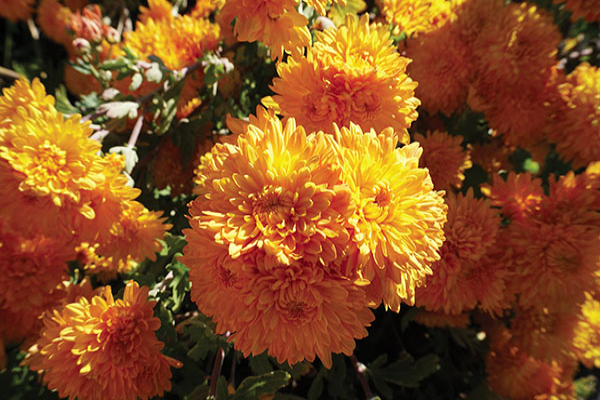
There are as many different ways to farm as there are farmers. Everyone is doing it right to some extent. Some are doing it right for the greater good of a sustainable planet; others are working for the good of their own childrens future. Some may be doing it to benefit their retirement fund, while their neighbors may be doing it to honor the legacy of the generations before them. These reflect the personal and relationship values that guide decisions on a daily basis. The more conscious and deliberate we are about directing our actions to be aligned with our values, the more likely we are to reach our goals and live a fulfilling life. This applies to anyone, farmer or not.
Planning: Want, Know, and Have
To put it into terms that relate directly to your farm, this chapter takes you through a simple process of assessing your situation and identifying what is important to you. In short, well discover the answers to three important questions:
What do you want?
What do you know?
What do you have?
The overall goal is to want what you have and to have what you want. Our farmer stories and your self-evaluations will help you discover ways to move in that direction.
Want
What do you want?
This question is intentionally vague. Think and feel broadly, and dont limit yourself to ideas about farming or gardening. What do you really want in your life? Your hearts desires. Your gut instinct. Your longings and needs. If you are struggling to come up with anything, sit in a quiet place and listen to what bubbles to the surface. Take as long as you need.
What was the first thing you came up with? Write it down now. Dont think, just write. Complete sentences are not necessary. Doodles and drawings are welcome.
This is not a time to overthink and analyze. Your subconscious knows, so let it be free here. Daydreams and fantasies are allowed, but try to focus on your deepest and strongest impulses rather than passing whims. What has been nagging at you? What have you been ignoring? What do you know you would be capable of if only you had a chance to try it? If you need to let out a lot of ideas and emotions, scribble away. Again, take as long as you need.
Now close this book and let it sit for a day or two, but not longer than a week.


